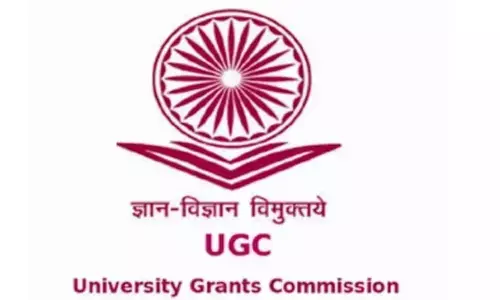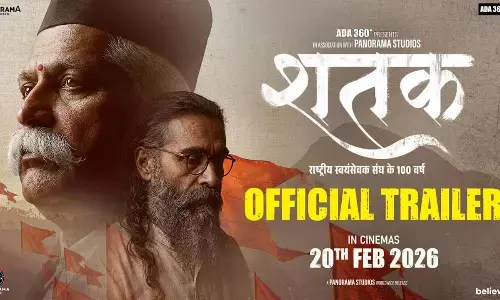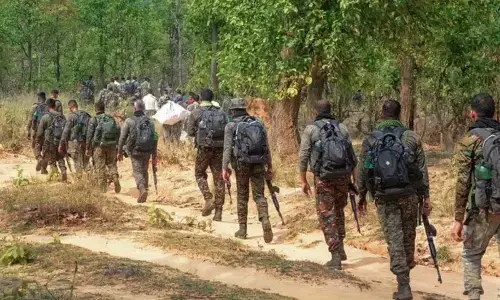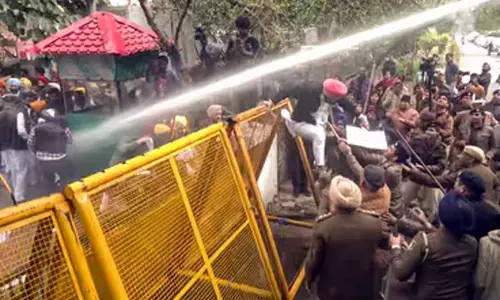A modest practitioner
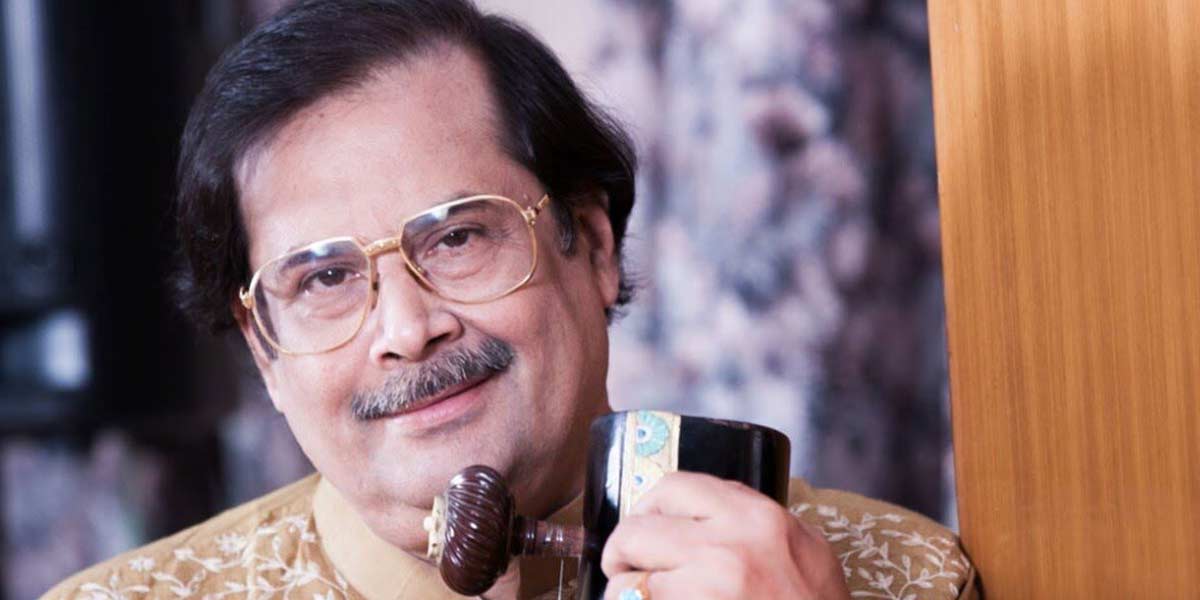
I am an eternal student and need blessings in abundance so that my music flows into the hearts of the audience, was his opening line as I sat down to talk to him before he began his concert And talking to him was no easy task The maestro of Hindustani vocal music and doyen of the PatialaKasur Gharana Pt
“I am an eternal student and need blessings in abundance so that my music flows into the hearts of the audience,” was his opening line as I sat down to talk to him before he began his concert. And talking to him was no easy task. The maestro of Hindustani vocal music and doyen of the Patiala-Kasur Gharana Pt. Ajoy Chakrabarty, was thronged by admirers, students, organisers and photographers during most of our conversation. In between “Khamonachen’’ (how are you) and ebullient greetings, the inevitable photograph requests and the din around the venue, the maestro spoke about his life’s journey enriched, encompassed and etched by music.
“Music is the life breath that sustains me,” he said, and I witnessed this in the melodious interplay of ‘swaras’ and beautiful insights that rolled out later in the concert organised by Sangitalay as a tribute to the legend of Hindustani classical music Ustad Bade Ghulam Ali Khan at the Centre for Training and Cultural Resources (CCRT) in Hyderabad.
Referring to Ustad Bade Ghulam Ali Khan as “the greatest vocal musician on earth,” the musician who encapsulates the best elements of all Gharanas and renders with equal ease a ‘thumri’, ‘thappa’, ‘bhajan’ or ‘kirtan’ appreciates all forms of music like his idol who wrote lyrics under the pen name ‘Sabrang’ (all hues). “There are only 12 notes on which all forms of music are based. Every form, genre or style is appealing if the musical notes are in the right place,” Ajoy Chakrabarty says. It is this appreciation which led to his teaming up with the Carnatic maestro Dr Mangalampalli Balamuralikrishna with the duo producing some outstanding ‘jugalbandis’.
Rabindra Sangeet, Western instrumental music, singing of ‘Shyamas’ (Bengali devotional) and songs in different languages also stem from his love for the music of every variety. His rendition of “Prabhu Rang Bina” in Raag Bhoopali, Ustad saab’s favourite raga in Vilambit laya before the Dhrut gat “Maheshwara…. Mahadeva” and masterful delineation of ragas like Durga, Lalit and Megh by reinterpreting different scales is a masterful unfolding of pure notes that draws applause and unconcealed admiration from audiences all over the world.
The maestro, however, admits that the beauty and uniqueness of this raga dawned on him only after three decades of singing and research. Recipient of as many as four prestigious national awards like the Padma Shri, Sangeet Natak Akademi award, the Kumar Gandharva Samman National award and the Best Playback singer for the Bengali film ‘Chhandaneer’, he has also received a host of awards from state governments and cultural organisations. Despite the many awards and accolades, Pt. Ajoy Chakrabarty claims to be a modest practitioner of the art, ever striving for perfection. “Recognition and honour should make you humble and bow down like a fruit-laden tree and not instil a false sense of achievement,” he says.
Learning from eminent gurus beginning with his father Ajit Kumar Chakrabarti, Pannalal Samanta, Kanaidas Baigari, Jnan Prakash Ghosh and Munawar Ali Khan, the son of Ustad Bade Ghulam Ali Khan, he says he was fortunate to have the blessings of teachers who were not rigid and encouraged learning from different sources.” I am thankful to gurus who have enriched my life through the knowledge they imparted. The most valuable lessons that I have learnt from them apart from music is to be humane,” he answers. Recalling the difficulties and criticism he faced in his growing years the genial musician claims to have been strengthened by it, never ever dismissing positive suggestions.
More than two dozen students from his Shrutinandan School of music are winning encomiums through their performances all over the world and keeping the Patiala-Kasur Gharana alive. Apart from direct training imparted at the school, online classes, voice training and music appreciation are unique features here. This school has influenced premiere institutions to think about the music he says.
“The IIT-Kharagpur has set up a first-of-its-kind centre of excellence for improvisation, research and preservation of music six months ago. I am heading this centre and glad to have the opportunity to inculcate love for classical music in young minds,” he informs. Keen to start the process at the school level itself, he met the Prime Minister twice along with a delegation comprising Shekhar Sen and Aruna Sairam requesting that music be made a compulsory subject for children from class 5 to class 10 but nothing has come of it so far, he says a tad disappointed.
Apart from his daughter Kaushiki Chakrabarty, Panditji sees hope for the future in his brilliant student Brajeshwar Mukherjee who has been learning music from him in the Gurukul tradition for 20 years from the age of 12. Asked to recall one of the most memorable moments in his musical Journey Pt. Ajoy Chakrabarty goes back to his childhood days. “I was around eight years old when I met Ustad Bade Ghulam Ali Khan. I was waiting at the All India Radio Station where he was recording a song.
After he came out, I touched his feet and he blessed me. That was the only time I saw him but consider it the greatest moment of my life. Whatever I am today is entirely due to his blessings,’’ he says, his voice reflecting his reverence for the Ustad whose open voice and untiring ‘riyaaz’ remain his all-time inspiration. As Pt. Ajoy Chakrabarty ended his concert with the devotion soaked Bade Ghulam Ali Khan bhajan ‘Hari Om Tatsat’ the standing ovation from the audience truly reflected the abundant blessings of the Ustad for the illustrious torchbearer of his Gharana.





